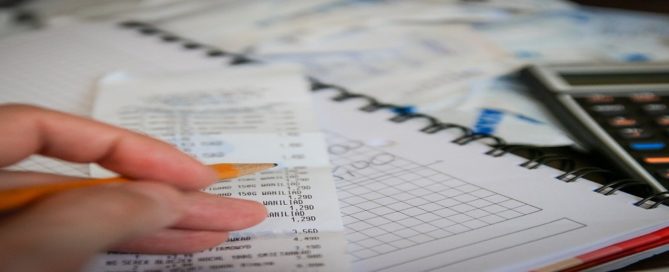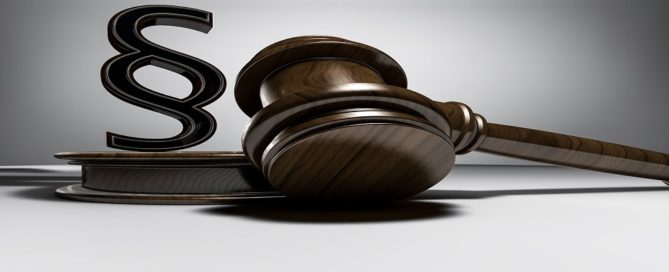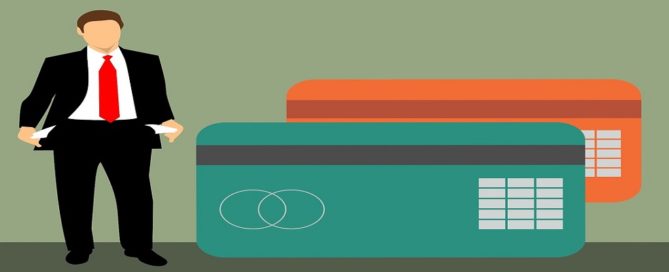What Is Cash Collateral In Bankruptcy?
Call: 888-297-6203 In business bankruptcy, cash collateral is a frequently used term. According to lawyers of Dallas based law firm, collateral is a property against which you get a loan. Thus, the lender has a lien on the property. Examples of collateral include house which secures the mortgage, car that secures the vehicle loan, and jewelry that secures loan received from the pawnbroker. In case of a secured loan, when you pay back the amount owed, the lender releases the lien on the property. However, if you default on it, the lender can take the property and sell [...]










